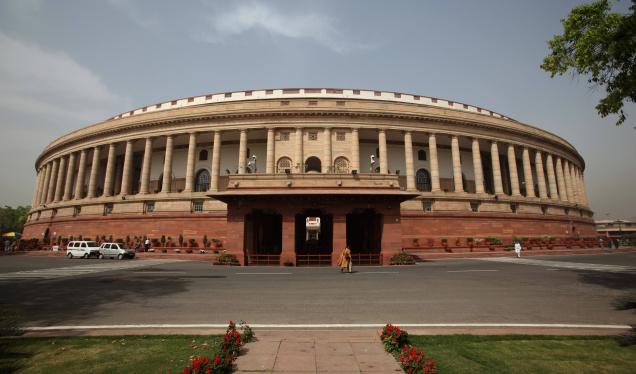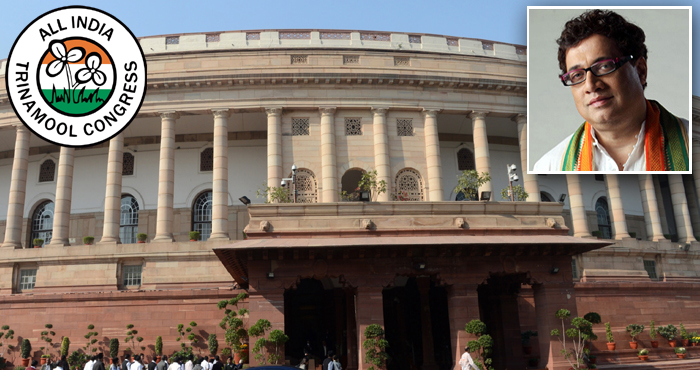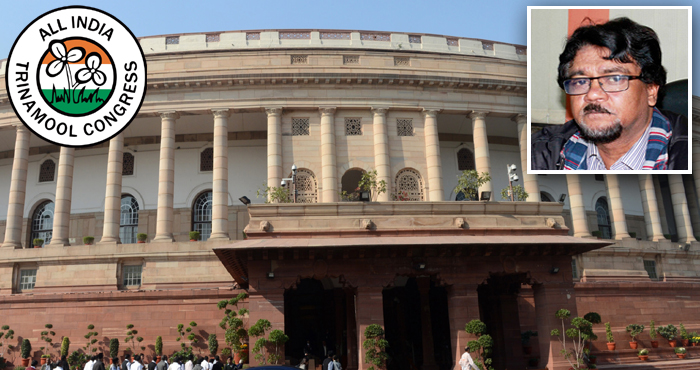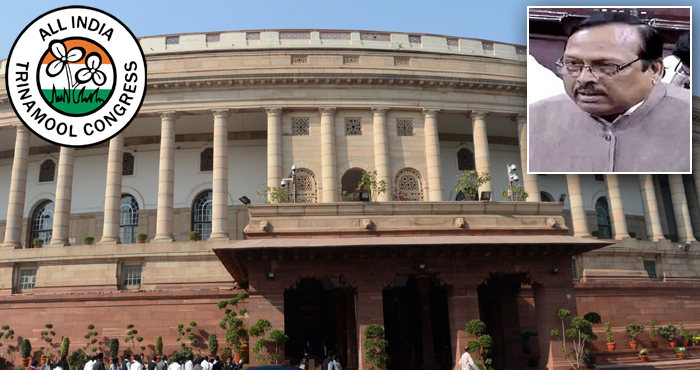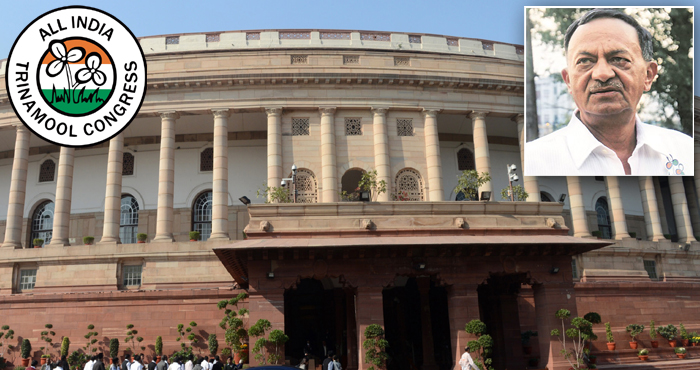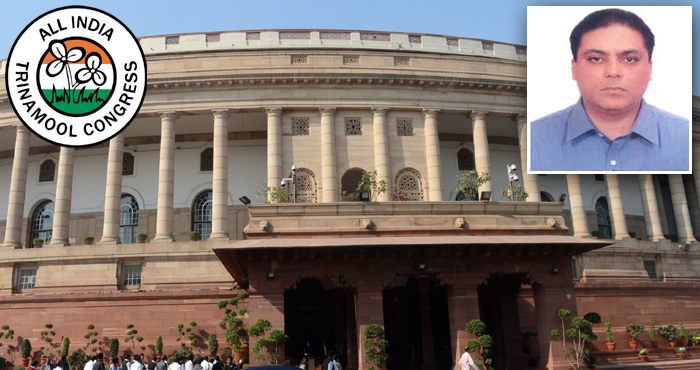Trinamool MPs Sukhendu Sekhar Roy and Sugata Bose made impressive speeches in both Houses of the Parliament during a special discussion to commemorate the 75th anniversary of Quit India Movement.
In Rajya Sabha
Sukhendu Sekhar Roy began his speech quoting Gandhi Ji’s iconic slogan, “Karenge ya marenge” and Nehru’s clarion call of “We shall fight to the finish” at Congress’s historic session in Bombay on August 8, 1942.
He referred to the contributions of several leaders – Jayprakash Narayan, Ram Manohar Lohia, Sucheta Kripalani among others – to the movement. He also read out portions from a leaflet issued by the Bihar Pradesh Congress in September, 1942.
He fondly remembered the clarion call of Netaji Subhas Chandra Bose, “Chalo Dilli”. He said this movement will stay alive in our hearts as long as the tricolour flies high atop the ramparts of Red Fort.
He also referred, with a heavy heart, to the Mir Jafars at that time, who colluded with the British to defeat the August Kranti Andolan. He said such Mir Jafars still exist in the country. He said BJP was following the British policy of ‘Divide and Rule’, against which Mamata Banerjee has launched the ‘BJP Bharat Chhoro’ movement at Tamluk, which saw active participation by people in the Quit India Movement.
CLICK HERE TO READ THE FULL TRANSCRIPT OF HIS SPEECH
WATCH HIS FULL SPEECH BY CLICKING HERE
In Lok Sabha
Sugata Bose, in his eloquent and stirring speech, called August 9 a ‘red letter day’ in Indian history. He reminisced how his own father was severely wounded as he led a procession of students on the streets of Calcutta in September, 1942.
He highlighted the role played by Adivasis and peasants. Netaji had wanted to be in India by August, 1942, he said. “Had the armed thrust of the Azad Hind Fauj coincided with the rebellion of the Quit India Movement, then the history of India might have taken an even more glorious turn,” he remarked.
Sugata Bose lamented that there was a “gap between sankalp and siddhi in 1947”. He said, “We got independent India but not united India.” He said that the 75th anniversary of Quit India Movement, and the 70th anniversary of independence, call for “soul-searching introspection, rather than chest-thumping celebration”.
“The final five and a half months of Gandhi Ji’s life constituted a message for the predicament we face in India today. Today we see irreligion masquerading as religion,” Sugata Bose said. He reminded the Government of Gandhi Ji’s message to the then Government in mid-November, 1947: “No Muslim in the Indian Union should feel his life unsafe”.
“The 75th anniversary of Quit India Movement, and the 70th anniversary of freedom may be an apt occasion to ponder the relation between the past and the future, the old and the new,” was his message for the Prime Minister.
Sugata Bose also quoted Swami Vivekananda’s vision for India, one of religious harmony and tolerance. He quoted verses penned by Tagore – passages from the song which later was adopted as the National Anthem – to give a strong message against cow vigilantism and communal violence.
He appealed to the Prime Minister to “stop the engines of coercion on its tracks”. We need to be clear about what our sankalp is for 2022, he remarked and demanded “strong action against those who are spreading the poison of hatred and killing in the name of religion”.
We have to make sure we do not have a dominance of one community and one language, Sugata Bose said, adding: “We must counterpose an alternative and a better vision of a new India based on cultural intimacy of all communities of the country.”
“We must celebrate and respect our differences to rise above them. We must avoid all temptations to be chauvinistic and jingoistic,” was his message for his colleagues in the Lok Sabha.

